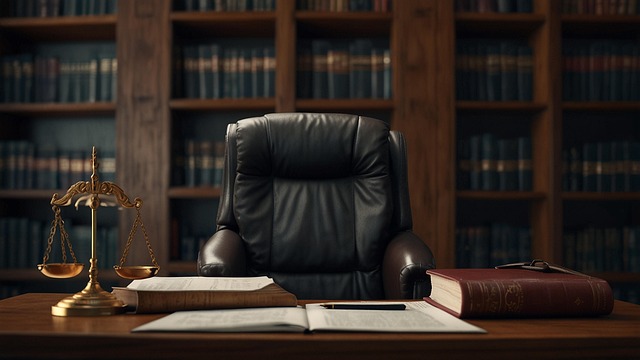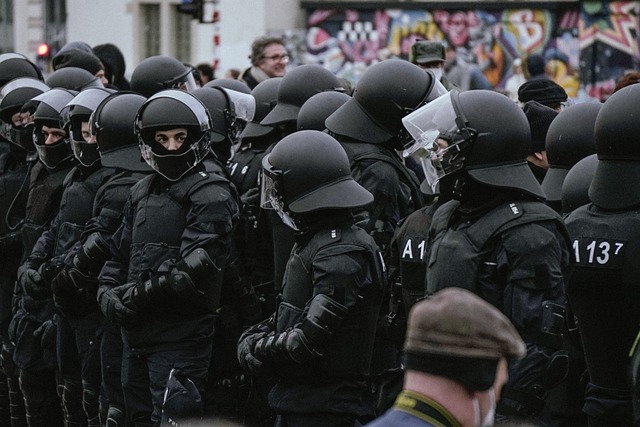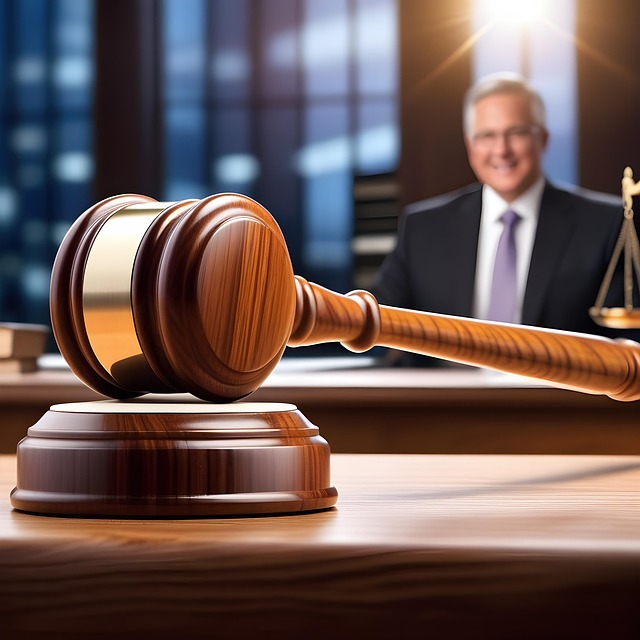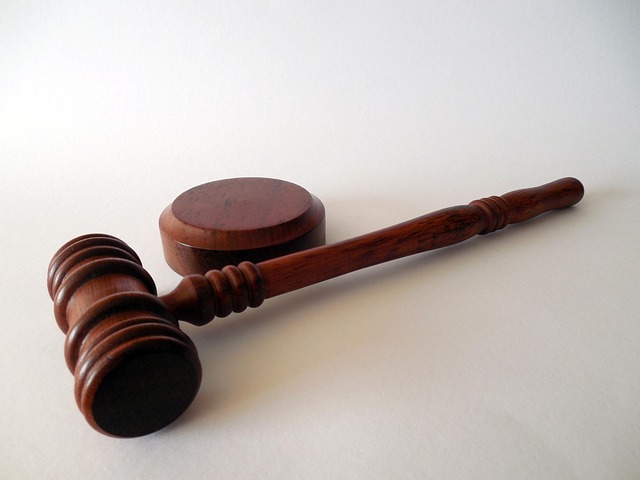Understanding various litigation types and their unique Challenges Faced During Jury Selection is vital for legal professionals. Civil vs. criminal cases differ in disputes and guilt determination, impacting juror selection strategies. Biases from media, personal experiences, and cultural stereotypes require strategic navigation during jury selection. Expert testimony must be simplified and linked to case implications to overcome juror biases. Alternative Dispute Resolution (ADR) offers flexible solutions, streamlining legal proceedings and fostering communication.
Litigation is a complex landscape, with various types of cases demanding distinct approaches. This article delves into the foundational knowledge of different litigation types, focusing on key distinctions between civil and criminal matters. It explores the intricate challenges faced during jury selection, where bias and prejudice can sway outcomes. Additionally, it navigates complexities of expert testimony and introduces alternative dispute resolution methods as viable solutions to these legal conundrums.
- Understanding Different Litigation Types: A Foundation
- Civil vs. Criminal Cases: Key Distinctions
- Challenges in Jury Selection: Bias and Prejudice
- Expert Testimony: Navigating Complexities
- Alternative Dispute Resolution: Exploring Solutions
Understanding Different Litigation Types: A Foundation
Understanding different litigation types is foundational to navigating legal complexities effectively. In the vast landscape of legal disputes, various approaches emerge, each tailored to specific circumstances. These types range from personal injury and civil rights cases to complex corporate litigation and high-stakes trials. Each category presents its own unique set of challenges, from gathering evidence to managing intricate legal arguments. For instance, in jury trials, the process of selection becomes a crucial aspect, as finding impartial jurors who can objectively assess facts is paramount. Challenges faced during jury selection vary widely depending on the case’s nature and the backgrounds of potential jurors, requiring attorneys to employ strategic questioning and careful consideration.
Corporate and individual clients alike confront these nuances, underscoring the need for legal professionals to be adept in different litigation strategies. Whether dealing with contract disputes, employment issues, or tort claims, understanding the intricacies of each type is vital for achieving positive outcomes. This is especially true in high-stakes cases where precise navigation through legal complexities can make a significant difference in the final verdict, thereby influencing the lives and interests of his clients.
Civil vs. Criminal Cases: Key Distinctions
In the realm of litigation, a fundamental distinction lies between civil and criminal cases. These two types of legal proceedings differ significantly in their nature, objectives, and the challenges faced during jury selection. Civil cases involve disputes between private parties or entities, where one side seeks compensation for damages or specific performance to enforce a contract or resolve a tortious act. On the other hand, criminal cases are initiated by the state against an individual accused of committing a crime.
While civil litigation often deals with issues of negligence, breach of contract, or property disputes, criminal prosecution focuses on determining guilt and meting out punishment. Challenges during jury selection in civil cases may include finding jurors who can set aside personal biases or prejudices to render a fair decision based solely on the presented evidence. In contrast, criminal trials present unique hurdles such as ensuring impartiality while considering potential biases related to law enforcement, the accused’s background, or societal perceptions of crime. These distinctions highlight the varied considerations and strategies involved in selecting juries for different types of litigation, impacting the respective business outcomes and the broader implications for philanthropic and political communities.
Challenges in Jury Selection: Bias and Prejudice
Selecting a fair and impartial jury is one of the most significant challenges faced during jury selection in litigation. Bias and prejudice can easily creep into the process, influencing potential jurors’ decisions before they even hear the case. This is particularly concerning as these biases can be subtle and unconscious, stemming from a variety of factors such as media influence, personal experiences, or cultural stereotypes.
Lawyers involved in both winning challenging defense verdicts across the country must be adept at navigating these challenges. They employ various strategies to mitigate bias, including thorough juror questionnaires, thoughtful questioning during voir dire, and even peremptory challenges to dismiss potential jurors who may harbor undue influences. The goal is to ensure that the chosen jury can set aside personal biases and prejudices, providing a truly fair and just outcome for all parties involved in the respective business.
Expert Testimony: Navigating Complexities
Expert testimony plays a pivotal role in litigation types, especially when complex matters require specialized knowledge to be understood by the jury. However, presenting expert testimony comes with its own set of challenges faced during jury selection. Jurors, despite their oath, may harbor biases or preconceived notions that could cloud their judgment on technical or scientific evidence. This is particularly true for cases involving cutting-edge technology or highly specialized fields, where even legal professionals might struggle to grasp the nuances.
To navigate these complexities, attorneys must carefully curate their expert witnesses, ensuring they are not only qualified but also effective communicators. This involves clarifying complex concepts in plain language and connecting them to real-world implications relevant to the case. Moreover, focusing on avoiding indictment during presentation can help maintain a fair trial environment, especially when dealing with corporate and individual clients across the country. Effective strategies include using visual aids, maintaining a clear structure, and allowing time for questions to address any confusion that may arise from the intricacies of the subject matter.
Alternative Dispute Resolution: Exploring Solutions
In today’s legal landscape, Alternative Dispute Resolution (ADR) is gaining prominence as a preferred method to navigate the challenges faced during jury selection in litigation. ADR offers a more efficient and cost-effective approach for resolving conflicts, allowing parties involved to find mutually agreeable solutions outside of the courtroom. By utilizing methods like mediation and arbitration, respective businesses can avoid the lengthy and often costly procedures associated with traditional trials.
One significant advantage is the flexibility it provides, catering to the unique needs of his clients. ADR processes enable creative problem-solving, ensuring that outcomes achieve extraordinary results tailored to the specific circumstances. This alternative approach not only streamlines legal proceedings but also fosters better communication and collaboration, ultimately reducing tensions and promoting more positive relationships between opposing parties.
In navigating the complexities of litigation, understanding various case types and associated challenges is paramount. From civil to criminal cases, each presents unique dynamics. While alternative dispute resolution offers solutions, the process of jury selection remains a critical—yet often daunting—task, as biases and prejudices can significantly impact outcomes. By recognizing and addressing these issues, legal professionals can ensure fair trials, ultimately fostering a more just and efficient judicial system. Moreover, staying informed about expert testimony and its complexities further equips advocates to advocate effectively for their clients.






